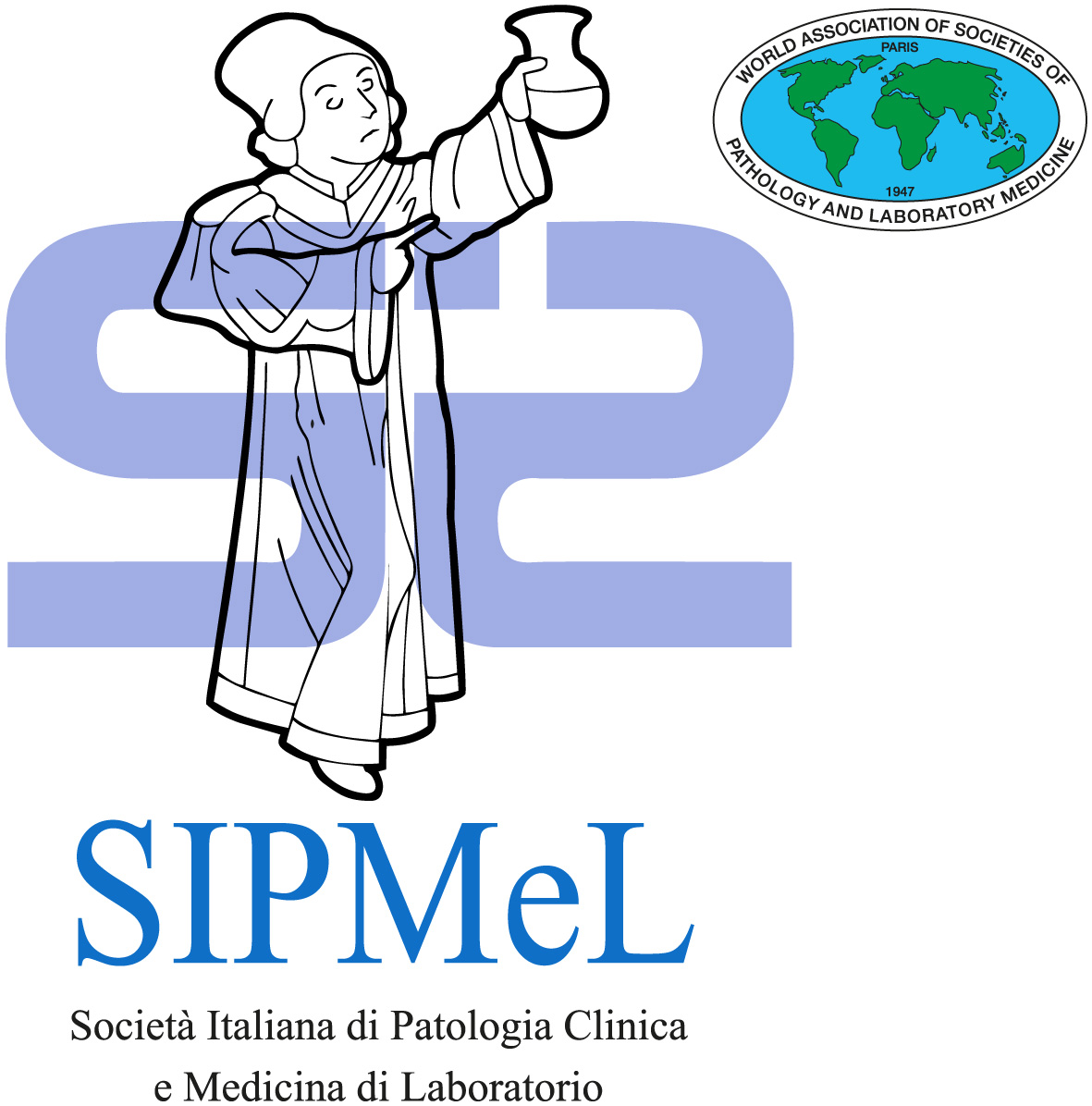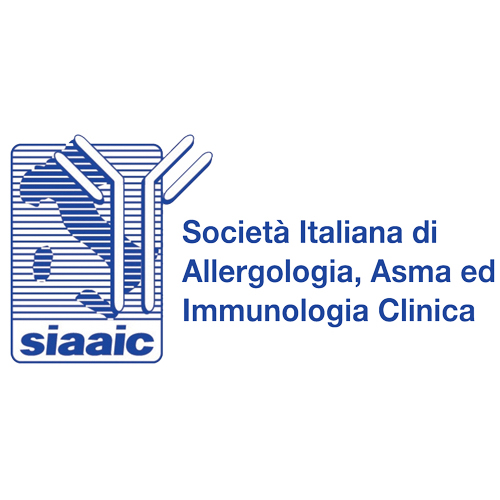
by cristiano | Oct 17, 2018
The diagnostic sensitivity and specificity of these biomarkers are not sufficient to allow their use in a population with a low prevalence of neoplastic diseases. Their use is recommended for the monitoring of the neoplasias that express the specific biomarker (Colon...

by cristiano | Oct 17, 2018
Urinary glucose measurement lacks the requested diagnostic sensitivity. The test of choice for monitoring diabetic patients is glycated hemoglobin (HbA1c).

by cristiano | Oct 17, 2018
The only laboratory test that really contributes to the diagnosis of acute myocardial infarction is the cardiac troponin (I or T). Especially with the more recent formulations at elevated analytical sensitivity this test presents characteristics of diagnostic...

by cristiano | Oct 17, 2018
The only real drawback for the administration of contrast media is renal insufficiency. It can be diagnosed measuring serum creatinine (increased) and calculating the glomerular filtration rate (eGFR). These are the only laboratory tests to perform. Patients with...

by cristiano | Oct 17, 2018
The finding of a positive allergometric test for an allergen whose exposure is not related to any typical allergic symptom is uniquely indicative of an immunological sensitization.Therefore, there is no indication to treat patients only sensitized to allergens or...








Recent Comments